Contents
Introduction
Antonio Damasio is a renowned neuroscientist and psychologist known for his groundbreaking research on the relationship between emotions, cognition, and consciousness. His work has revolutionized the understanding of how emotions are not separate from rational thought but integral to decision-making, social behavior, and human consciousness. Damasio’s influential books, including Descartes’ Error, have bridged the gap between neuroscience and psychology, impacting how both fields view the human brain and its functions.

This article delves into Damasio’s life, his major theories, and the profound influence his research has had on modern neuroscience, psychology, and the understanding of consciousness.
Early Life and Education
Antonio Damasio was born on February 25, 1944, in Lisbon, Portugal. He grew up in a culturally rich environment, where he developed an early interest in philosophy and science. This dual fascination led him to explore the deep connection between the mind and the body. Damasio’s early experiences in medical school, particularly in neurology, laid the foundation for his later research, which focused on how the brain generates emotions and consciousness.
Image Source: X

Educational Journey
| Aspect | Details |
|---|---|
| Early Education | Damasio pursued his medical degree at the University of Lisbon Medical School. His initial studies were in neurology, where he became fascinated by the brain’s role in regulating emotions and behavior. During his training, he observed numerous cases of patients with brain injuries, sparking his interest in the neural mechanisms underlying emotion and cognition. |
| Graduate Studies | After completing his medical degree, Damasio pursued postdoctoral studies in behavioral neurology and neuropsychology. He moved to the United States and studied under prominent figures in neuroscience, furthering his understanding of the neural basis of emotions and decision-making. His early work focused on the connection between brain lesions and impaired emotional processing, which later became a cornerstone of his theories. |
Influences and Early Career
| Aspect | Details |
|---|---|
| William James | Damasio was influenced by William James’s theories on the physiological basis of emotion. James’s idea that emotions are not just feelings but physiological responses in the body shaped Damasio’s own views on the biological underpinnings of emotion. |
| Descartes’ Philosophy | René Descartes’ mind-body dualism became a focal point in Damasio’s research. Damasio argued against the separation of mind and body, which he elaborated on in his famous work Descartes’ Error, proposing that emotions and rationality are deeply interconnected. |
| Neuroanatomy and Neurology | Early in his career, Damasio worked with patients suffering from brain injuries, which influenced his research on how specific brain areas, such as the prefrontal cortex and amygdala, contribute to emotions, decision-making, and consciousness. |
| Cognitive Neuroscience | Damasio’s research integrated insights from cognitive neuroscience, where he studied how brain circuits regulate both emotional and rational thought processes. This cross-disciplinary approach allowed him to develop theories that bridged neuroscience and psychology. |
Major Theories and Work

Somatic Marker Hypothesis
One of Antonio Damasio’s most significant contributions is the Somatic Marker Hypothesis. This theory suggests that emotions play a critical role in decision-making by marking certain options with emotional values (somatic markers). Key elements of this theory include:
- Role of Emotions in Decision-Making: Damasio proposed that emotions guide decisions by creating “somatic markers” — bodily signals (such as gut feelings) that help individuals evaluate options and avoid negative outcomes.
- The Brain-Body Connection: According to the Somatic Marker Hypothesis, emotions are physical responses generated in the brain that interact with the body, which in turn influence cognitive processes.
- Neurological Basis: Damasio’s research demonstrated that damage to certain brain areas, particularly the prefrontal cortex, can impair emotional responses and lead to poor decision-making.
Image Source: Frontiers for Young Minds
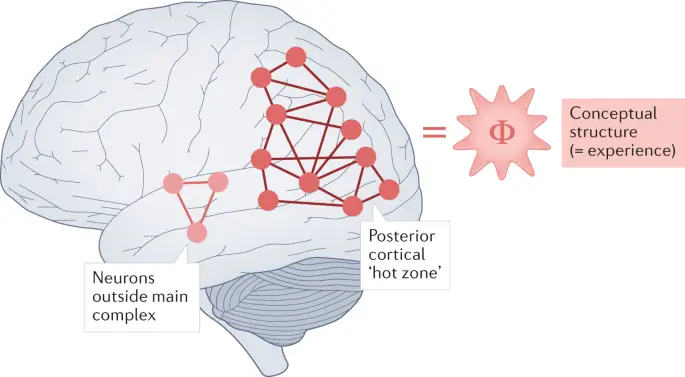
Theories of Consciousness
Damasio has also made substantial contributions to the study of consciousness. His theories explore how consciousness arises from neural processes, emphasizing the importance of emotions in the development of self-awareness. Key components of his work on consciousness include:
- Core and Extended Consciousness: Damasio distinguishes between two types of consciousness: core consciousness, which provides a sense of the present moment, and extended consciousness, which involves a more complex sense of self that spans across time.
- The Importance of Emotions in Consciousness: Damasio argues that emotions are essential to consciousness because they provide the brain with feedback about the state of the body. This emotional feedback helps create a sense of self that is aware of its surroundings and capable of rational thought.
- Neurological Underpinnings: Damasio’s research into the brain areas involved in consciousness has provided insights into how different regions, such as the brainstem and cortex, work together to produce the experience of being aware.
Image Source: Nature
Influence on Neuroscience and Psychology
Damasio’s theories have had a profound influence on both neuroscience and psychology. His work has changed the way researchers view the relationship between emotions and rational thought, as well as the biological basis of consciousness.
- Integration of Emotion and Cognition: Antonio Damasio’s research has revolutionized the understanding of how emotions and cognition are intertwined, showing that emotions are integral to rational decision-making. His work challenges the traditional separation of emotion and reason, emphasizing that effective decision-making relies on emotional input. This perspective has significantly impacted both neuroscience and psychology, prompting new research into how cognitive and emotional processes interact and influence behavior.
- Impact on Understanding Brain Injuries: Damasio’s research involving patients with brain lesions has elucidated how specific brain regions, such as the ventromedial prefrontal cortex, contribute to emotional processing and decision-making. His findings demonstrate how damage to these areas can impair emotional regulation and judgment, providing crucial insights into the neural mechanisms underlying these processes. This work has enhanced the understanding of brain functions related to emotion and cognition.
- Consciousness Research: Damasio’s exploration of consciousness has significantly influenced studies on self-awareness and the neural basis of consciousness. His theories propose that consciousness arises from the integration of emotional and cognitive processes, shaping how researchers investigate the neural correlates of self-awareness. His work has paved the way for new research into how emotions contribute to the experience of consciousness and self-perception.
Famous Books and Publications
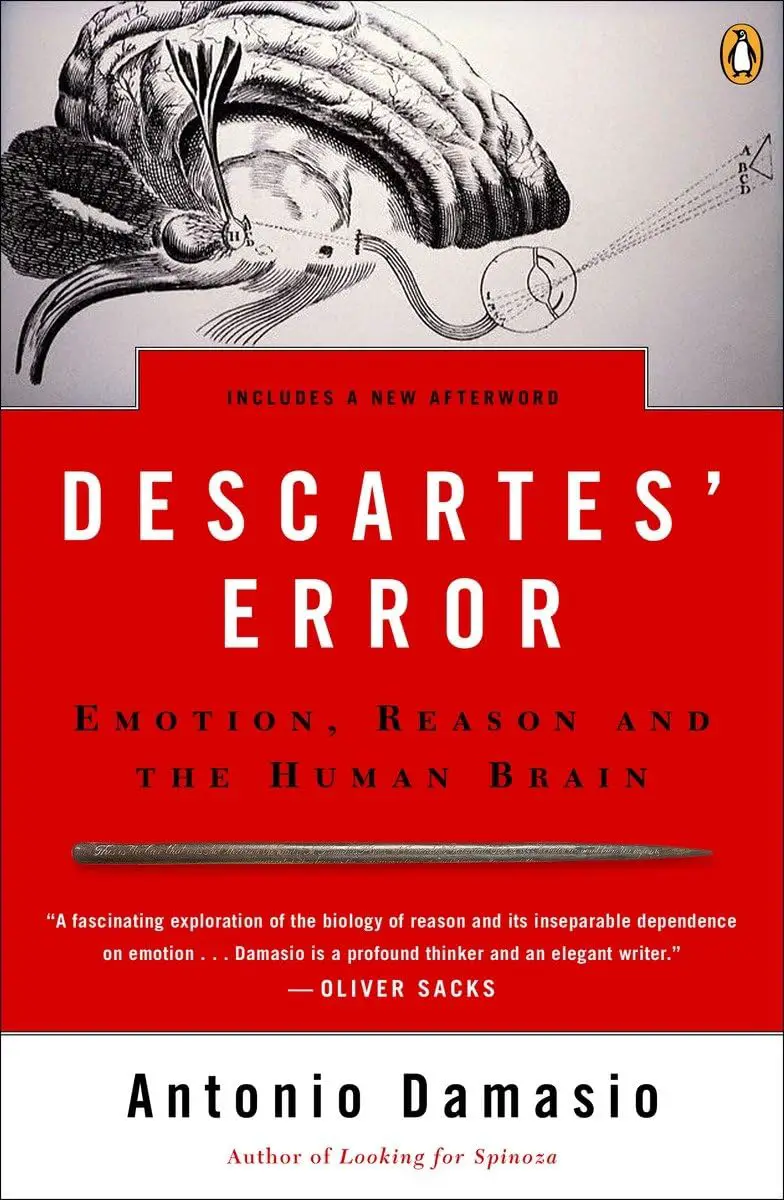
Descartes’ Error: Emotion, Reason, and the Human Brain
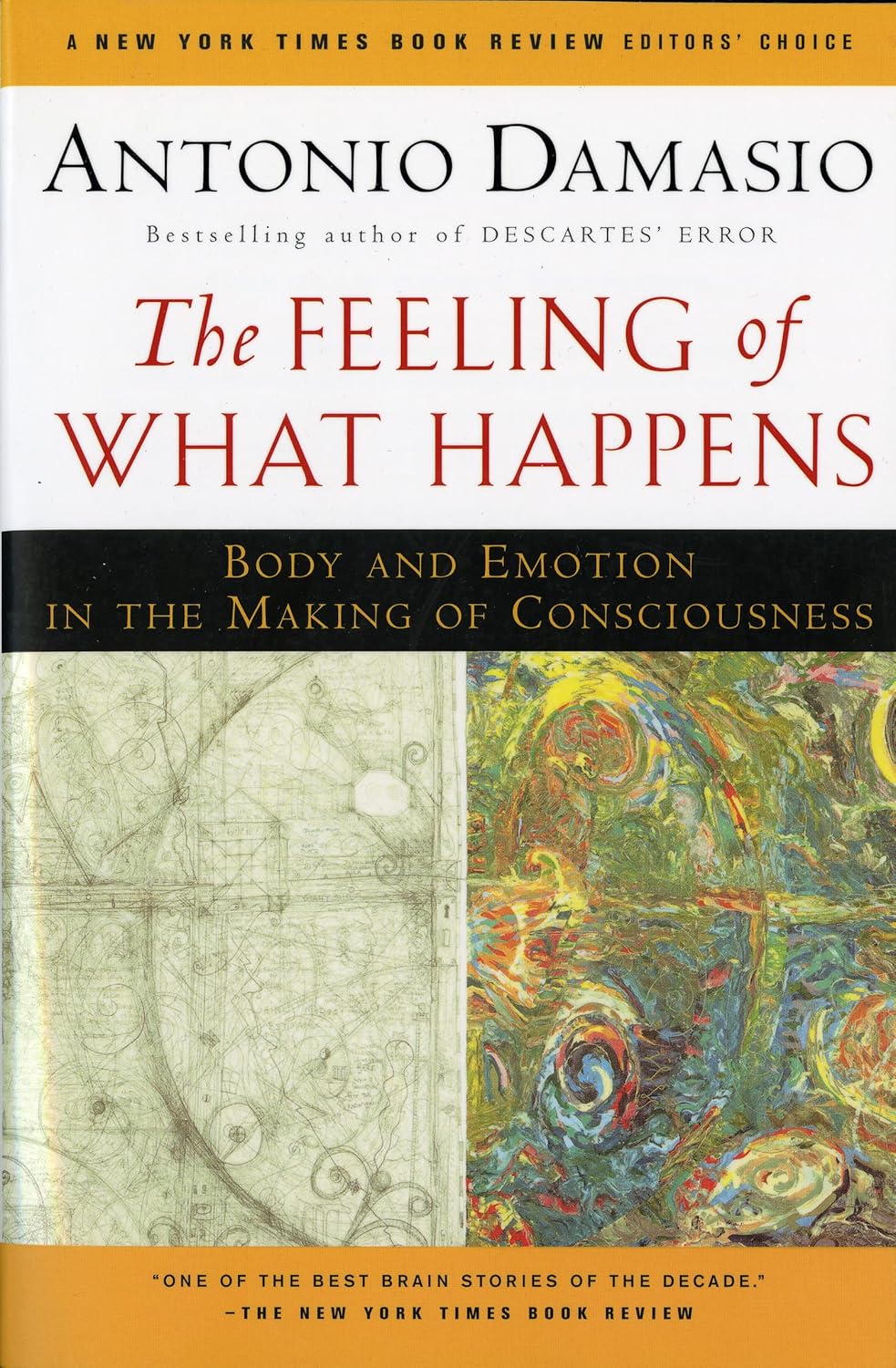
The Feeling Of What Happens: Body and Emotion in the Making of Consciousness
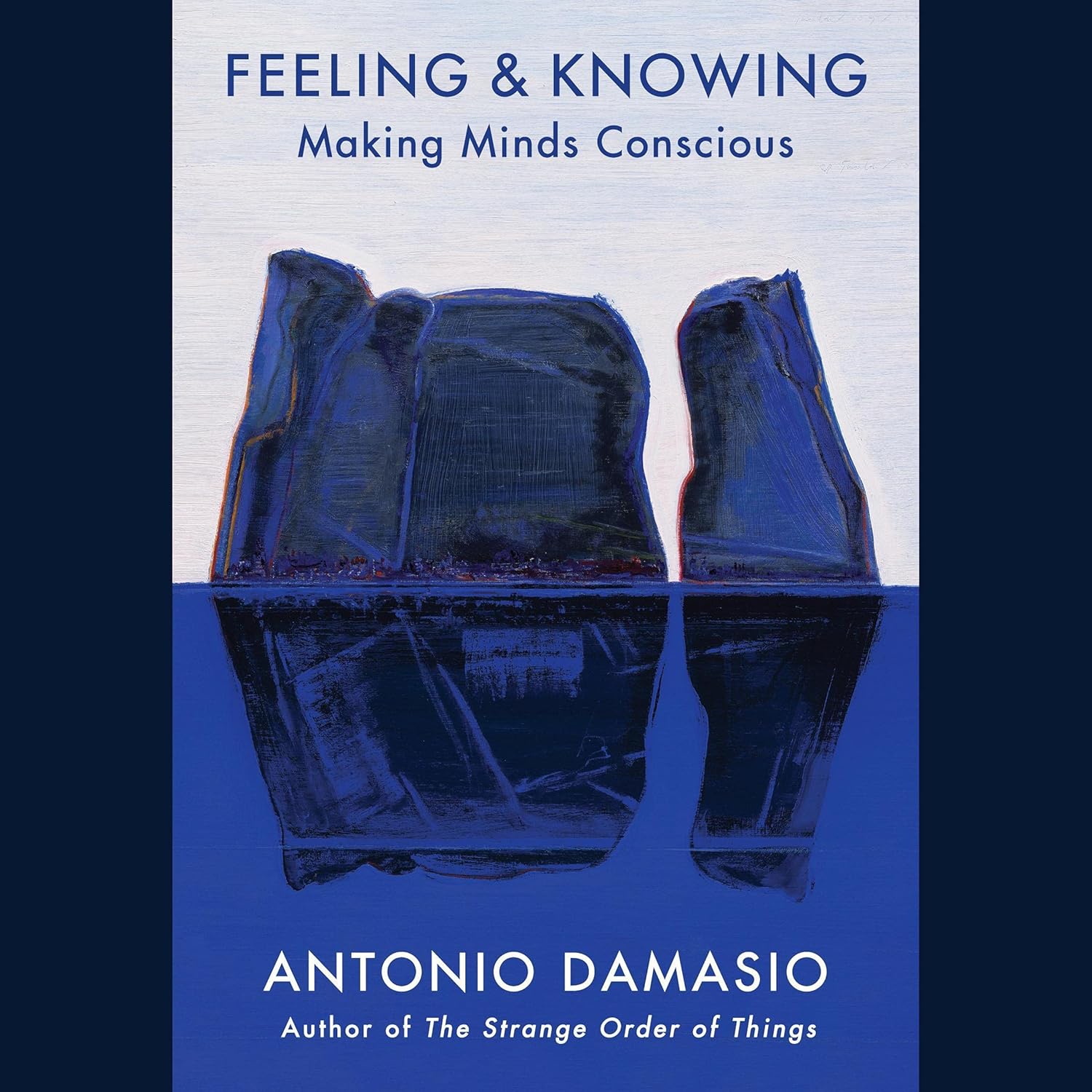
Feeling & Knowing: Making Minds Conscious
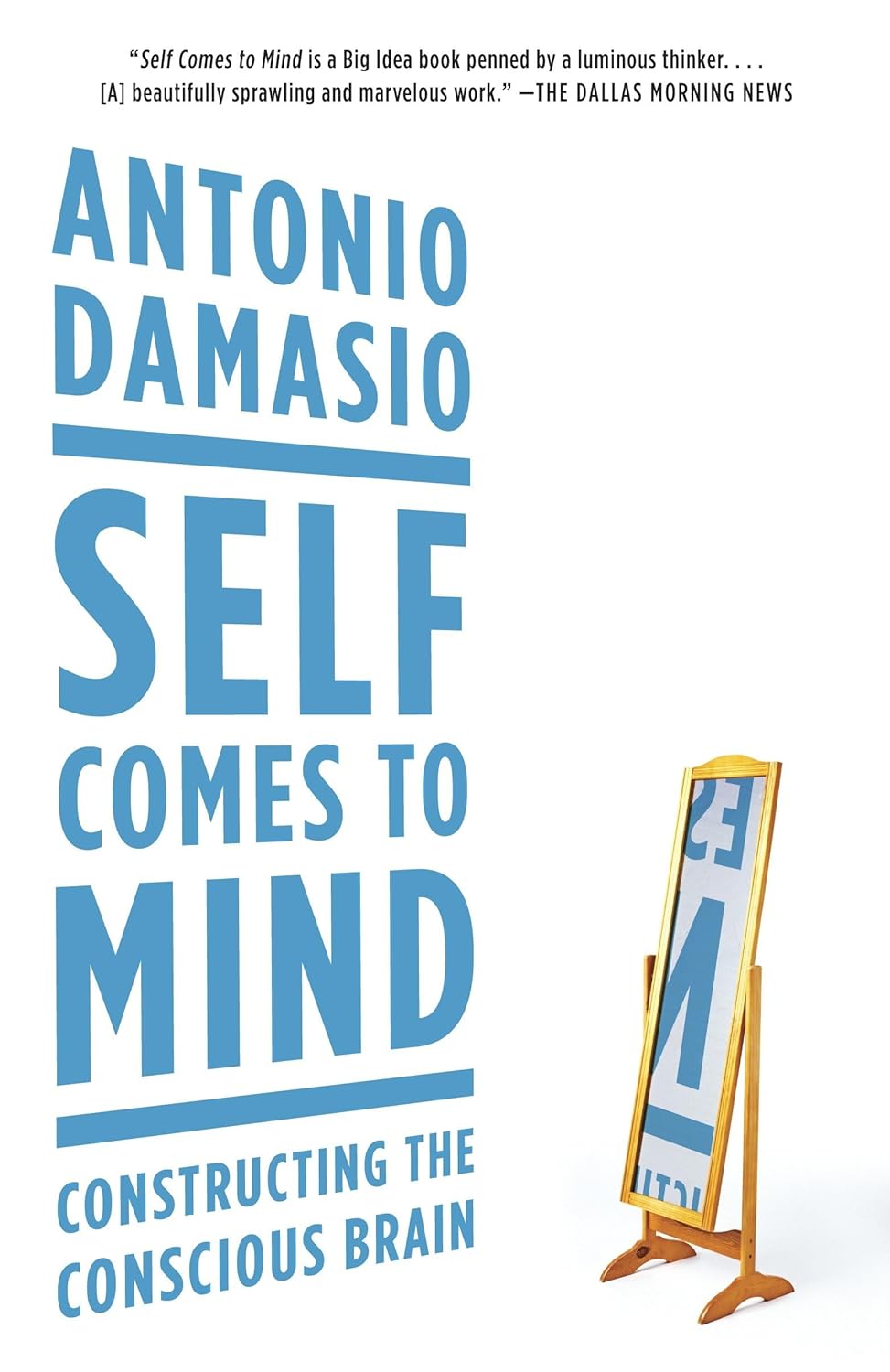
Self Comes to Mind: Constructing the Conscious Brain
Influence on Contemporary and Future Psychological Research
Damasio’s research continues to influence both neuroscience and psychology, shaping the future of these fields:
- Neuroscientific Approaches to Emotion: Damasio’s research has catalyzed new studies into the neural mechanisms underlying emotions, providing deeper insights into how emotional processes are interwoven with cognitive functions. His work highlights the role of brain regions in emotional regulation and decision-making, influencing contemporary research into the biological basis of emotions and their impact on cognitive processes.
- Consciousness Studies: Damasio’s theories on consciousness have advanced the understanding of how brain structures contribute to self-awareness, influencing ongoing research into the neural correlates of consciousness. His work explores how the integration of emotional and cognitive processes shapes the experience of consciousness, contributing to debates about the neural basis of self-awareness.
- Clinical Implications: Damasio’s Somatic Marker Hypothesis has significant clinical applications, particularly in understanding and treating patients with brain injuries affecting decision-making and emotional regulation. His research provides valuable insights into how disruptions in emotional processing can impair cognitive functions, guiding therapeutic approaches for conditions involving emotional and decision-making deficits.
Psychologists and Neuroscientists Influenced by Antonio Damasio

- Joseph LeDoux: Joseph LeDoux’s research on fear and the amygdala has been profoundly influenced by Damasio’s work on the neural basis of emotions. LeDoux’s studies focus on how the brain processes fear and how emotional responses are mediated by the amygdala, aligning with Damasio’s theories on the integration of emotional and cognitive processes.
- Jaak Panksepp: Jaak Panksepp’s pioneering work in affective neuroscience, particularly on emotional systems in animals, complements Damasio’s focus on the biological foundations of emotions. Panksepp’s research provides insights into the primal emotional circuits that underpin human emotions, supporting Damasio’s views on the neural mechanisms of affective states.
- Helen Fisher: Helen Fisher’s research on romantic love and attachment draws on Damasio’s findings about the role of emotions in social behavior. Fisher explores how biological and emotional processes influence romantic relationships and attachment, extending Damasio’s work into the domain of human social interactions and emotional bonds.
- Daniel Kahneman: Daniel Kahneman’s work on decision-making, which earned him a Nobel Prize, has been influenced by Damasio’s ideas about the interaction between emotions and rational thought. Kahneman’s research examines how cognitive biases and emotional factors affect decision-making, integrating Damasio’s insights into the role of emotions in shaping rational choices.
Impact on Neuroscience and Psychology
- Influence on Modern Thought: Antonio Damasio’s research has fundamentally transformed the understanding of how emotions, cognition, and consciousness are interconnected, challenging outdated notions that separate emotional processes from rational thought. His groundbreaking work has paved the way for new research exploring the biological foundations of decision-making and self-awareness. By demonstrating that emotions are integral to cognitive functions, Damasio has influenced how scientists and psychologists study the interplay between emotion and rationality.
- Legacy and Recognition: Antonio Damasio has been widely recognized for his contributions to neuroscience and psychology, earning prestigious awards such as the Grawemeyer Award for Psychology and the Honda Prize. His innovative research continues to shape contemporary understanding of the neural basis of emotions and consciousness. Damasio’s work has significantly bridged the gap between neuroscience and philosophy, ensuring his lasting impact on both fields and influencing future research on the biological underpinnings of human experience.
Conclusion
Antonio Damasio’s groundbreaking work has profoundly impacted neuroscience, psychology, and the philosophy of mind by illuminating the intricate relationship between emotions, decision-making, and consciousness. His theories have revolutionized the understanding of brain functions by demonstrating how emotions are not merely secondary to rational thought but are crucial to effective decision-making and self-awareness. By highlighting the essential role of emotions in shaping cognitive processes, Damasio has reshaped both theoretical perspectives and practical approaches to emotional regulation and decision-making.
Bibliography
- Damasio, A. (1994). Descartes’ Error: Emotion, Reason, and the Human Brain. Avon Books.
- Damasio, A. (1999). The Feeling of What Happens: Body and Emotion in the Making of Consciousness. Harcourt Brace.
- Damasio, A. (2003). Looking for Spinoza: Joy, Sorrow, and the Feeling Brain. Harcourt, Inc.
- Damasio, A. (2010). Self Comes to Mind: Constructing the Conscious Brain. Pantheon.
- Damasio, A., & Bechara, A. (2005). “The Somatic Marker Hypothesis: A Neural Theory of Economic Decision.” Games and Economic Behavior, 52(2), 336–372.
- Damasio, A., & Carvalho, G. (2013). “The Nature of Feelings: Evolutionary and Neurobiological Origins.” Nature Reviews Neuroscience, 14(2), 143–152.
- Damasio, A. (2018). “Neurobiology of the Self.” Annual Review of Neuroscience, 41, 1-23.
- Bechara, A., Damasio, H., & Damasio, A. (2000). “Emotion, Decision Making and the Orbitofrontal Cortex.” Cerebral Cortex, 10(3), 295–307.
- Damasio, A. (2007). “A Neural Basis for Sociopathy.” Nature Neuroscience, 10(8), 1043–1045.
- Damasio, A. (2012). “Feelings, Consciousness, and the Self.” Cognitive Neuroscience, 3(2), 119–124.
